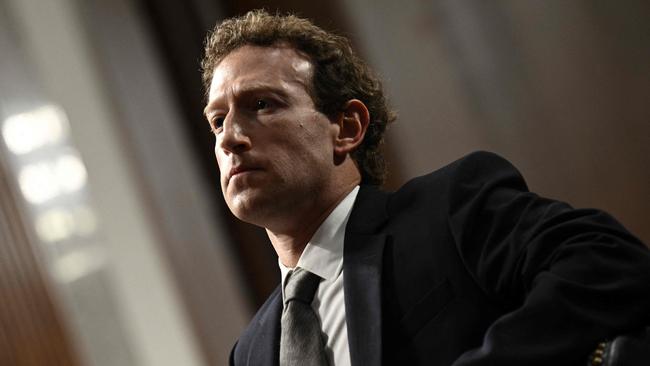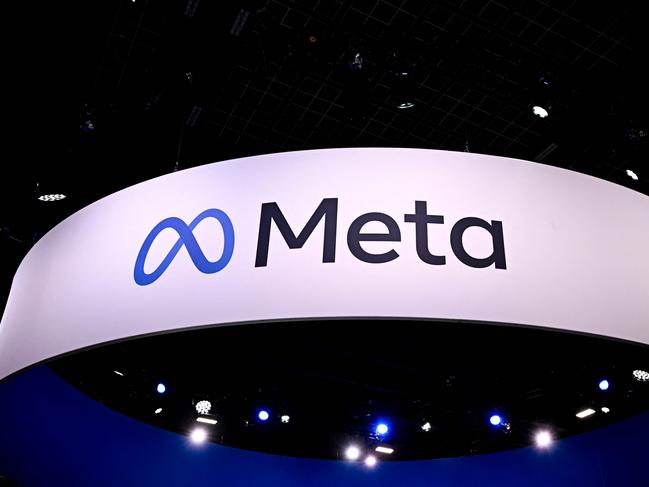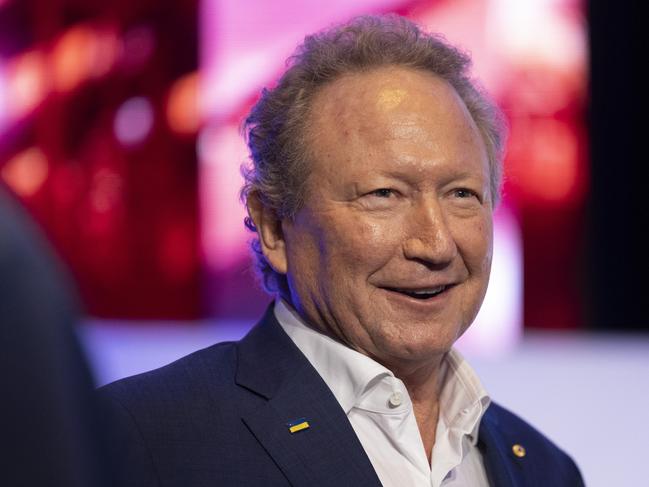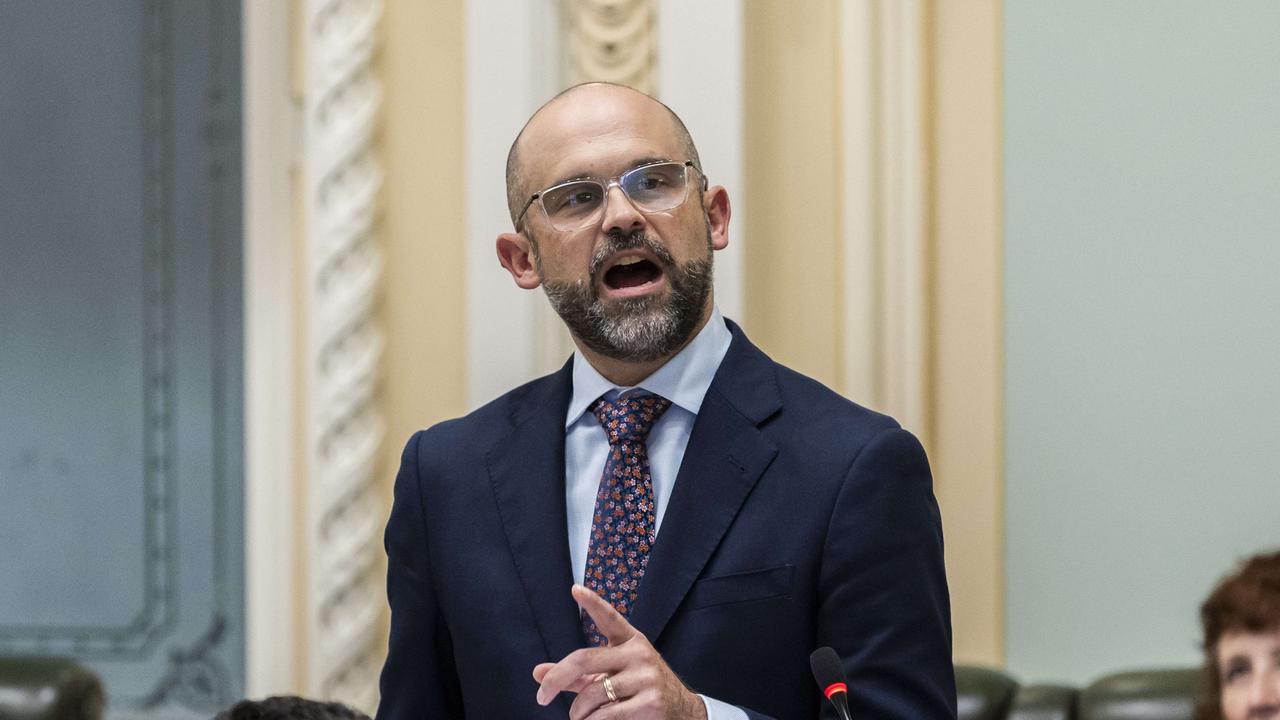Meta’s lengthy answer on why it’s taking so long to remove celebrity bait scams
For years Meta has ‘published the content of criminals’ via scam ads on Facebook, fleecing unsuspecting Aussies. But it says it is changing its ways – albeit slowly.

Meta says it’s “gathering insights” to help combat cyber crime, despite refusing to take down scams using Andrew Forrest’s likeness and stopping Australians being fleeced of their life savings for the past decade.
The Facebook owner struck a new partnership with not-for-profit scam-busting organisation, The Australian Financial Crimes Exchange (AFCX), after it attracted criticism that it was failing to stop online criminals infiltrating its platforms.
Dr Forrest is so frustrated with Meta’s inaction on scammers that he is suing the company in the US to hold it to account. He alerted the company a decade ago about criminals using his likeness to place scam advertisements on Facebook.
Meta sought to use a 30-year-old US law, which frees online platforms from liability about what users post, to halt Dr Forrest’s action, but lost an appeal before a US judge, who said the case could proceed.

Unlike user posts, Dr Forrest said Meta accepted money from criminals and “knowingly” published their advertisements, and its screening process was failing Australians.
When asked why it had taken Meta until now to join forces with AFCX, the company’s director of global threat disruption, David Agranovich, told The Weekend Australian that the company needed extensive time to improve the way it detected impersonation scams.
“I think those learnings over the years, as we’ve been investing in a number of different problem areas, helped us unlock some additional tools that we think will be effective here, including using FIRE for kind of robust information,” Mr Agranovich said.
FIRE, or the Fraud Intelligence Reciprocal Exchange, allows banks to contact Meta about suspected scams via the AFCX.
Meta piloted the FIRE line in April this year and said it was able to take down 9000 spam pages and more than 8000 artificial intelligence-generated celebrity bait scams across Facebook and Instagram.
Celebrity bait scams, including those targeting Dr Forrest and other well-known Australian figures, including mining magnate Gina Rinehart and former breakfast TV host David Koch, have become a popular way for scammers to find new victims.
Many victims apply an unconscious bias and are lured in to the scams because of their trust for the familiar faces used to advertise them, before being fooled by promises of lucrative returns.
The FIRE line provides one of the most direct methods of contact with Meta to date, with the limited ability to reach real Meta staff cited as one of the biggest pain points for users and business owners who have been kicked off the platform or locked out of their accounts.
ACFX head of stakeholder engagement Rhonda Luo said the new intelligence loop was important as most companies which scammers were impersonating struggled to reach social media platforms in a timely manner. Time wasted looking for the appropriate person to contact allowed scams to remain online longer, Ms Luo said.
“While this process is happening, the scam is still live, which means more Australians are getting exposed to that scam and more people can be losing money to it,” she said.

Mr Agranovich said years of experience combating different types of criminal organisations on its social media platforms had made the new partnership possible.
“I think we’ve learned a lot from the efforts that we’ve made to counter adversarial threats and other domains across the platforms to get better at detecting and removing what we call dangerous organisations; these are things like organised terrorist groups, which it turns out don’t look all that dissimilar from organised criminal syndicates,” he said.
Meta said it invested $US5bn ($7.3bn) into scam prevention efforts last year to bolster safety on its platform. It claimed to have removed 1.2 billion fake accounts and 322 million pieces of scam content in the last quarter. Of content and users removed from the platform, Meta said 99.7 per cent of fake accounts and 97.4 per cent of spam content were picked up by the company’s detection services before users had reported them.
The company also claimed to have removed 63,000 Instagram accounts based in Nigeria which were related to sextortion, a rising phenomenon where predators pose as users of the opposite sex to target users. That included a 2500-person network of sextortionists.
Some extortion crimes involve criminals persuading victims to send explicit images before those images are used to blackmail the victim into sending money.
The latest action comes after Texas-based security platform Zimperium, which was formerly backed by Titanium Ventures and protects the mobile devices of US troops, detected 99,690 scam hits on Meta’s platforms between October 2023 and March.
Facebook accounted for the lion’s share, 53,275, followed by WhatsApp, 30,612, and Instagram, 15,803, according to data obtained by The Weekend Australian.
One Australian woman who fell victim to a scam featuring Dr Forrest’s likeness lost $670,000.
Another man clicked on a link in a fraudulent Facebook advertisement and was swindled out of $77,254; and a 72-year-old Western Australian known as ‘FZ’ lost $250,000 – which he had not been able to recover.
Dr Forrest first raised the fraudulent advertisements with Meta in 2014. Nothing happened. He personally wrote to Meta founder and chief executive Mark Zuckerberg, but said he didn’t hear back.






To join the conversation, please log in. Don't have an account? Register
Join the conversation, you are commenting as Logout